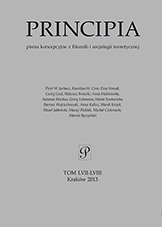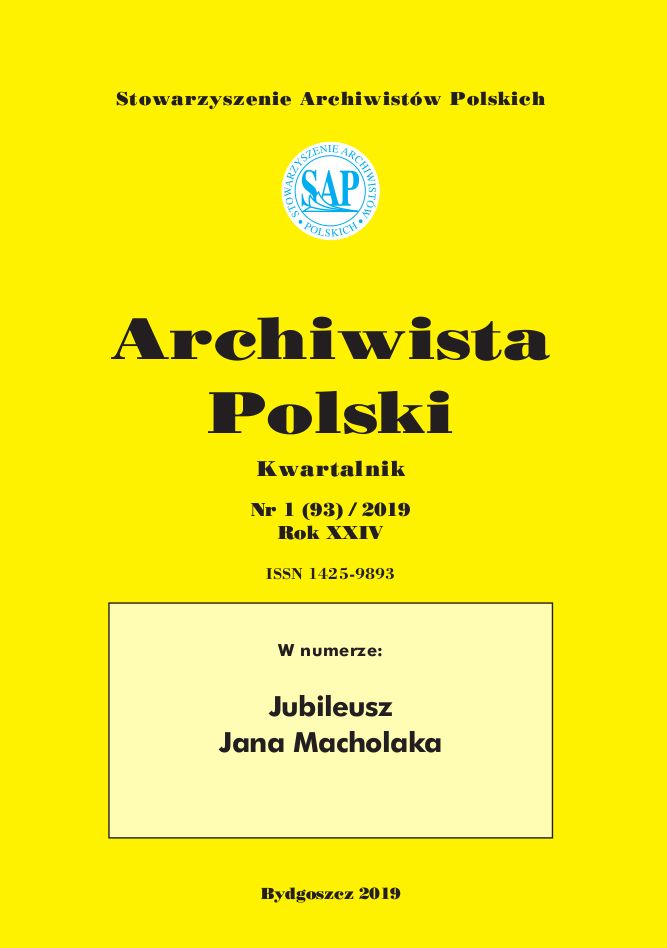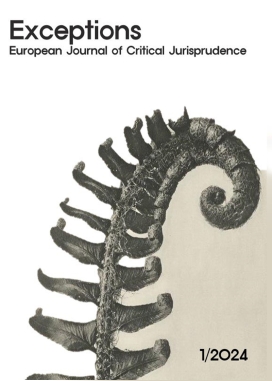Exceptions. European Journal of Critical Jurisprudence
Frequency: 1 issues / Country: Poland
At the current stage of the so-called End of History, the world seems to have finally embarked on a path towards insanity. A close succession of crises of different nature and intensity, the progressive decomposition of established political and institutional languages, the resurgence of transfigured fascism, the seemingly unstoppable decay of liberal legality and the unveiling of liberalism’s authoritarian drive, all mediated by the new memetic language of the spectacle: reality seems to have lost any form on intelligibility. In this chaotic and bizarre global scenario, questioning the present and future fate of normativity in our society becomes urgent. Indeed, when crises become the norm, and the interregnum is not a transitory phase anymore, the power of law and social norms to institute reality is revealed in its fragile, illusory, and merely technical essence.
After almost five decades after the emergence of the Critical Legal Studies movement, with its successes, offspring, and failures, our times still necessitate critical jurisprudence: that form of knowledge of the juridical that constantly put into question the legal form, its foundations, and the very practice of studying the law. In an era of intense mystification, fragmentation, and the dominion of the spectacle, what is most needed is prudence (phronesis) capable of restoring the ability to understand the context and the real consequences of practices, which must be at the same time imprudent enough to consider whether what has been done and pursued so far must be eventually abandoned. Critical Jurisprudence, as a form of reflection about the law, with a clearly defined progressive political vocation, embodies such imprudent prudence, by building bridges between diverse fields of inquiry, joining dispersed pieces of knowledge, and deconstructing the categorical apparatus of legal dogmas.
EXCEPTIONS. European Journal of Critical Jurisprudence (EXC) aims to establish a forum for the critical, transdisciplinary study of the law and its ramifications in the many spheres of human social and individual life. The scope of the journal is not to redefine prescriptively what critical jurisprudence is or ought to be. Indeed, questions of methods and scope are part of what should be enquired about, discussed, and developed in the pages of this newly founded journal. As a minimum common denominator, critical jurisprudence is here envisaged as the combination of a hermeneutic of suspicion of sorts towards received legal and political narratives (especially those of legal positivism and liberal legality) with an emancipatory goal of subverting structures of domination deeply embedded in the increasingly worn-out fabric of the juridical. In the end, the critique of law always strived to render inoperative the authoritarian excesses sustaining legal systems, or at least to identify them and reflect on the ways they can be neutralised.
The adjective European, as appears in the journal title, does not indicate as a specific focus the geographical or political/institutional space usually termed such. Rather this journal will try to engage with Europe as a cultural space and as the source of a contested juridical and political legacy, promoting deliberate views from marginal angles, and exposing expose the inner/hidden hierarchies of domination, exclusion and omission that are embedded and promoted by European values.
The EXCEPTIONS journal is an organ of Nomos: Centre for the International Study of Law, Culture and Power, based at the Institute of European Studies of the Jagiellonian University in Kraków, Poland. The goal of the Nomos Centre has been to bring about the necessary infrastructure for being able to study beyond the constraints of the traditional neoliberal academia and the arbitrary disciplinary divisions that have placed an important social artefact such as law under the sole guardianship of lawyers. Therefore, we invite contributions that align with the aims of the centres, including postcolonial theory, feminist jurisprudence, critical race theory, law & literature, as well as other critical theoretical engagements, cultural theory, critique of ideology, critical sociology, anthropology of law, critical comparative law, or critical legal histories. We are also keen to consider papers epistemologically written from the internal point of view of the law if coupled with a consciously critical edge.
More...




